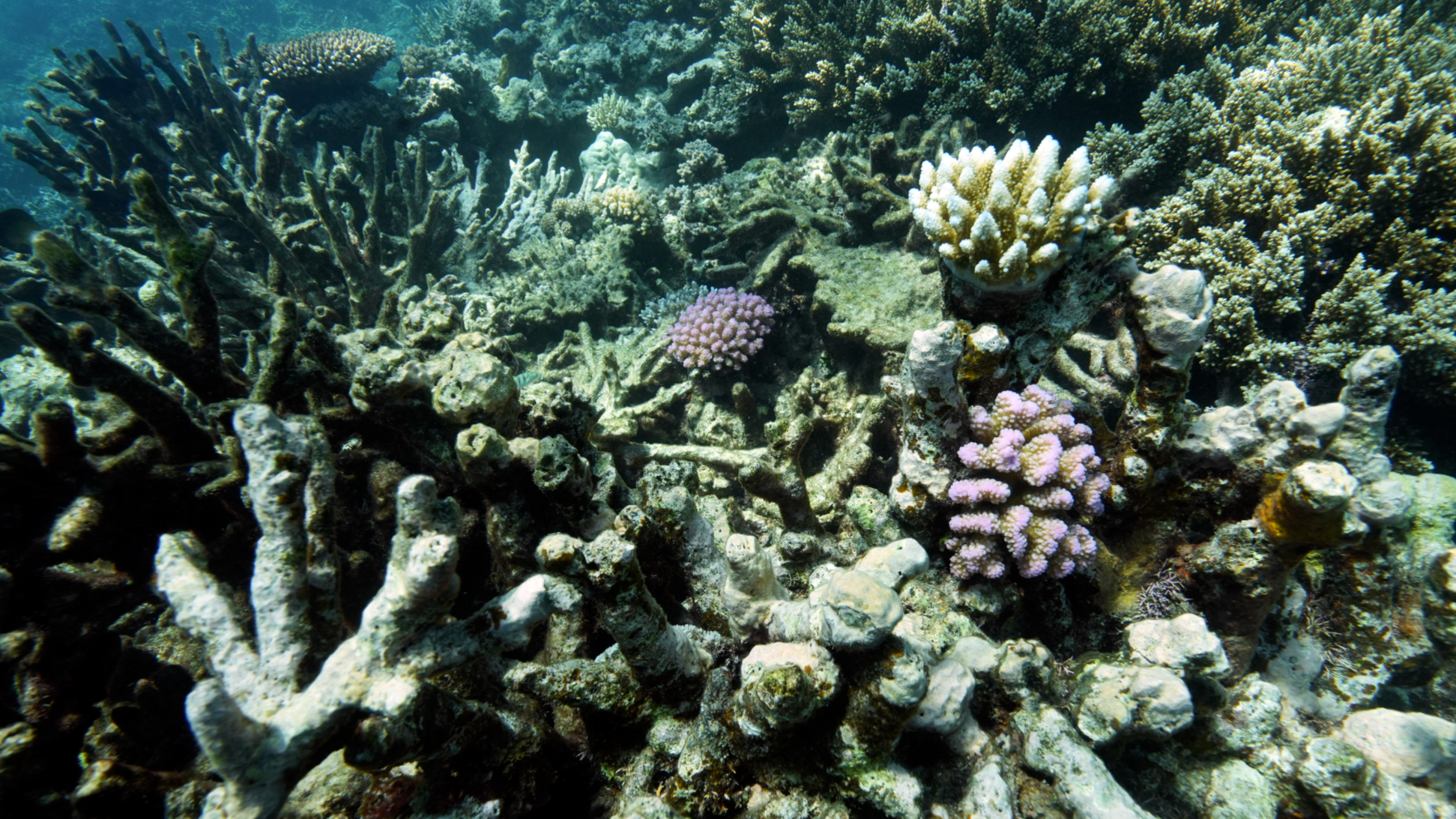
Australia’s government has unveiled an assistance package of at least A$14 million ($9.1 million) to help tackle a growing algal bloom crisis off the southern coast that’s killing marine life and damaging regional fisheries.
Environment Minister Murray Watt announced the funding package in the southern city of Adelaide on Monday after inspecting the damage. He described the unfolding natural disaster as "a very serious event".
The outbreak of the algal bloom in South Australia state was sparked by the karenia mikimotoi plankton and first detected in mid-March. Since then, it has spread across thousands of square kilometers into waterways near Adelaide.
It has now developed into an event of "unprecedented scale, duration and impact", the state government said. “Nothing can be done to dilute or dissipate the bloom.”
ALSO READ: Govt report: Australia faces significant climate risks
Watt said the federal funding was intended to help clear dead wildlife and provide assistance for tourism and fisheries, as well as longer-term prevention measures. “There’s clearly a need to invest more in science and research about this event,” he said.
Since the start of the year, a citizen scientist website cataloging marine wildlife deaths along the South Australian coast has received more than 13,000 reports of dead wildlife.
In the fiscal year ending June 2024, South Australia’s seafood industry brought in more than A$478 million for the state, including the rock lobster industry.
There are three potential causes of the algal bloom, according to the state government, including a marine heat wave that began in September 2024 and sent temperatures about 2.5 degrees Celsius higher than usual.
READ MORE: UN: Australia climate change inaction violated islanders' rights
Experts have warned that climate change is increasing the risk of dangerous algal blooms around the world by warming oceans and changing weather patterns.


